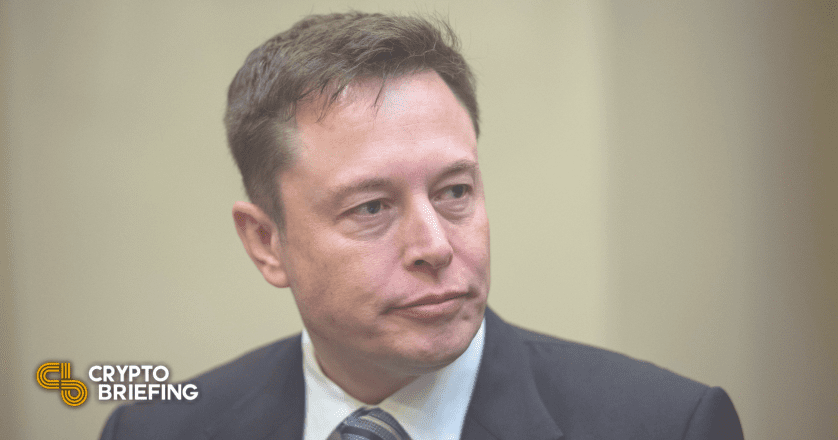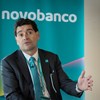Sub-Saharan Africa has significantly reduced its coverage gap for mobile broadband over the past several years, but it still remains the region with the largest coverage gap, a new report by GSMA says. It defines this gap as people living in areas not covered by a mobile broadband network.
The figure went from 50% in 2014 to 19% in 2020, but this is more than three times the global average of 6%.
This gap can be reduced by making the economic case for expanding coverage more attractive by speeding up adoption of mobile broadband, the report says.
The report is the latest by GSMA, an organization that represents the interests of mobile operators worldwide, on trends in the coverage and usage of mobile internet globally.
It provides data about mobile broadband connectivity, coverage gaps, and usage gaps – people living where there’s a mobile broadband network but are not using mobile internet services
Those with a usage gap predominantly live in remote or rural areas while those with a coverage gap are within reach of a mobile broadband network, but not using these services for various reasons including affordability.
The mobile phone is the primary tool sub-Saharan Africans use to access the internet
As the main tool people use to access the internet in Africa and other developing parts of the world, mobile phones are an important part of life in the continent. They enable users to keep in touch and access important information, services, and opportunities. But the gender gap for mobile phone ownership and mobile internet use in the region remains high, and questions exist on the value of data in relation to prices and connection speeds in the continent.
Africa is steadily increasing its mobile internet coverage, with major 3G, 4G and 5G rollouts in different countries. These rollouts, the report says, have helped reduce the coverage gap.
More than a quarter of the continent’s population is now using mobile internet, more than double the number in 2014, according to GSMA. But more than half a billion people living in areas where mobile broadband networks are available are not using mobile internet, according to the organization.
Africa’s usage gap is at 53%, the second-highest in the world. Since the coverage gap is reducing yet most of the unconnected people are in areas covered by mobile broadband, the focus should be increasing usage, the report says.
“Accelerating adoption will increase the economic case for further expanding coverage, which will in turn help reduce the coverage gap,” the report says.
Sign up to the Quartz Africa Weekly Brief here for news and analysis on African business, tech, and innovation in your inbox.
Note: This article have been indexed to our site. We do not claim legitimacy, ownership or copyright of any of the content above. To see the article at original source Click Here













